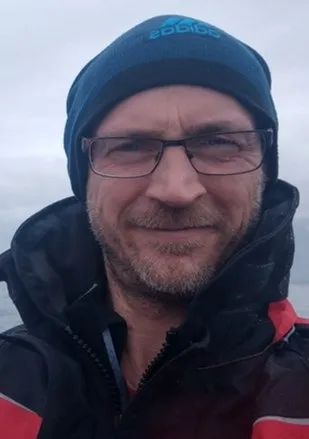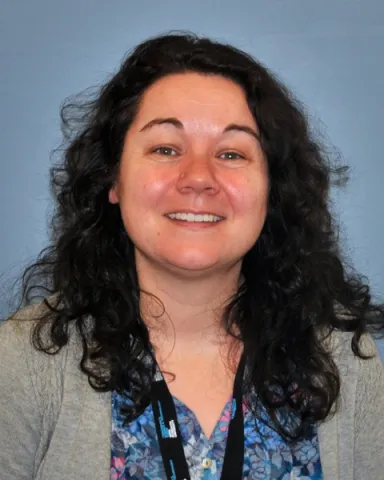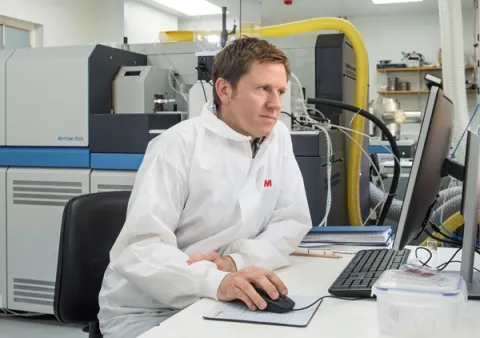About the project
Oceanic elemental cycles are strongly influenced by marine microbes, including phytoplankton. Although it has long been recognised that the elemental composition of microbes is a key determinant of these cycles (1), analytical limitations mean current understanding is typically based on observations of limited numbers of elements averaged across mixed communities. Appreciation of potentially important heterogeneities at individual and population levels and a more holistic understanding of multi-element cycling is thus lacking (1, 2). Consequently, single-organism/cell analysis is a fast-growing field, but many techniques are hampered by low throughput. We aim to apply a new analytical tool (Time of Flight Inductively Coupled Plasma Mass Spectrometry, ToF-ICPMS) to facilitate rapid multi-element analysis of individual marine phytoplankton cells (3) and potentially higher trophic levels. This project will focus on the key question of how variability in (co-)limiting nutrient availability influences the multi-elemental cellular composition of non-limiting nutrients (2), which has significant consequences for understanding coupled nutrient cycling (1, 2). Although this problem has been addressed in specific cases on an element-by-element basis (1), we lack true multi-element (‘ionomic’) treatments (2), which also account for the heterogeneity of mixed natural communities. The project will thus facilitate a deeper understanding of multi-elemental ocean biogeochemical cycles.
For full project details visit the Inspire project page.
Supervisors:
- Mark Moore (University of Southampton)
- Maeve Logan (University of Southampton)
- Kate Hendry (British Antarctic Survey)
- Gavin Foster (University of Southampton)
- Clara Manno (British Antarctic Survey)


